Career-Related Examples of Imposter Syndrome
The job search can be a difficult and competitive process, but you shouldn’t count yourself out just because of a few hurdles. You may have heard this before, but a large part of the experience is actually faking it until you make it. There are no perfect candidates, so in order to build confidence, you should focus on mindset work and skill building.
As a tech enthusiast and someone who has successfully completed a boot camp, never stop learning. Not only do industries evolve quickly, but so do job qualifications. How can you properly relay your story when it comes time to apply? Let’s take a look at a few strategies and real-world examples:
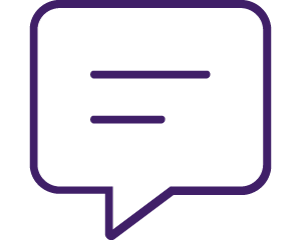 This short and compelling statement is usually found at the top of a resume. In about 15 words or less, your personal statement is your unique selling point that highlights your relevant skills, experience, and overall qualifications. Here’s an example from a learner who completed a recent boot camp:
This short and compelling statement is usually found at the top of a resume. In about 15 words or less, your personal statement is your unique selling point that highlights your relevant skills, experience, and overall qualifications. Here’s an example from a learner who completed a recent boot camp:
“Business analyst with a background in mathematics and newly acquired skills in Excel, VBA, Python, and SQL from [a university-backed boot camp]. Insatiable intellectual curiosity and ability to mine hidden gems located within large sets of structured, semi-structured, and raw data. Enjoys leveraging background and skill set to support detailed and efficient analysis.”
By succinctly communicating your value at the top of your resume, you can prompt an employer or recruiter to instantly want to learn more about you. If you’re unsure about what to include in your personal statement, refer to the role’s job description for more information.
In the example above, we can determine that the candidate tailored their statement to complement the data role they’re applying for (i.e. listing out in-demand skills and tools like SQL, Python, efficient analysis) By emphasizing these transferable skills, you can set yourself up for success.
 Your resume should include several detailed project entries as well as result-driven language. Boot camp learners have the advantage of including completed projects in their resume where they’ve demonstrated industry-relevant skills.
Your resume should include several detailed project entries as well as result-driven language. Boot camp learners have the advantage of including completed projects in their resume where they’ve demonstrated industry-relevant skills.
What about if you’re a career switcher and don’t have specific professional experience at the time you’re applying for new roles? This is your chance to think about not only your coursework, but also any volunteer experience, internships, and field-specific skills that can help you stand out.
Learn more about the dedicated Career Services support boot camp learners receive.
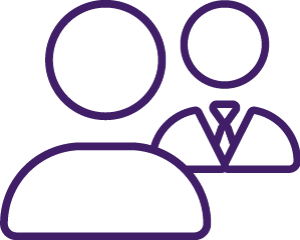 Did you know there are different interview styles? Understanding the different styles and being prepared for each is key to having the best interview possible.
Did you know there are different interview styles? Understanding the different styles and being prepared for each is key to having the best interview possible.
Behavioral interviewing centers around the old adage of “past performance determines future behavior.” During a behavioral interview, employers ask candidates questions that are specific to scenarios they’ve encountered in past roles. Instead of crafting hypothetical scenarios, interviewers focus on gathering insight about your professional behavior and use this to gauge whether you’re a good fit for the job.
One way you can prepare for a behavioral interview is by writing out answers to potential questions in a document beforehand. Practice telling your story and highlighting your skills. Our boot camp learners receive a variety of Career Services support when it comes to behavioral interviewing strategies, including:
- Behavioral and field-specific interview workshops
- 1:1 practice mock interviews with a Career Coach
- Access to interview resources tailored by industry
On the other hand, technical interviews are designed to test your hard skills. In addition to practicing your answers to common questions, you’ll also want to practice demonstrating your tech skills through programming skills tests. Two technical interview tips boot camp learners receive from their Career Services team include:
- Practice problems on popular sites like HackerRank
- Attend a “Tackling the Technical Interview” workshop
 Your technical abilities and interview skills are crucial to your career success, but it’s just as important to have an active network of personal and professional contacts. According to LinkedIn, 80% of professionals believe that career success can be elevated through professional networking.
Your technical abilities and interview skills are crucial to your career success, but it’s just as important to have an active network of personal and professional contacts. According to LinkedIn, 80% of professionals believe that career success can be elevated through professional networking.
If you’re new to networking and the term itself makes you want to run, think of it as a simple conversation that can push your career forward. The first step is to leverage the social platforms you use regularly — and some you may frequent occasionally. On LinkedIn, you can join groups, connect with professionals in industries or roles you aspire to, and engage with your connections through posts and comments. Putting yourself out there will get more eyes on your profile and potentially lead to a career-moving connection. Build out your network beyond the professional networking site by looking for industry-specific groups to join and leaders to follow. You can find more tips on networking in our step-by-step guide here.
When you’re ready to reach out to an individual, it’s time to draft your pitch. Develop your pitch by touching on your past, present, and future, using content from your personal statement. Make it your starting point, and then add in more complete sentences to tell your story. For example:
PAST: “I’m a business analyst with a background in mathematics. I spent the past five years working as a high school advanced math educator, while also managing all the data for our department.”
PRESENT: “I recently earned a certification in data visualization from [boot camp] which helped me hone skills in Excel, Python, and SQL.”
FUTURE: “Now, I’m looking forward to using my background and skills to transition into analyzing data full-time.”
If you don’t have prior experience related to the role you’re applying for, you can include the passion or motivation you have and explain how it led to your current interest in the field. You should aim to finish your pitch with a future outlook, answering these types of common questions: “Why are you here today?”, “Why did you choose to pursue this certificate/program/course?”, and “What are your hopes for the future?”
 Live Chat
Live Chat

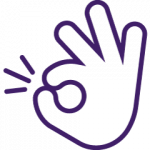 1. The Perfectionist
1. The Perfectionist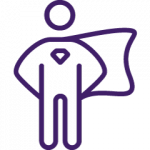
 3. The Natural Genius
3. The Natural Genius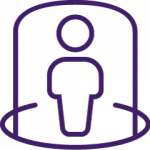
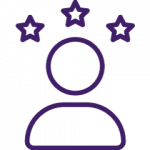 5. The Expert
5. The Expert


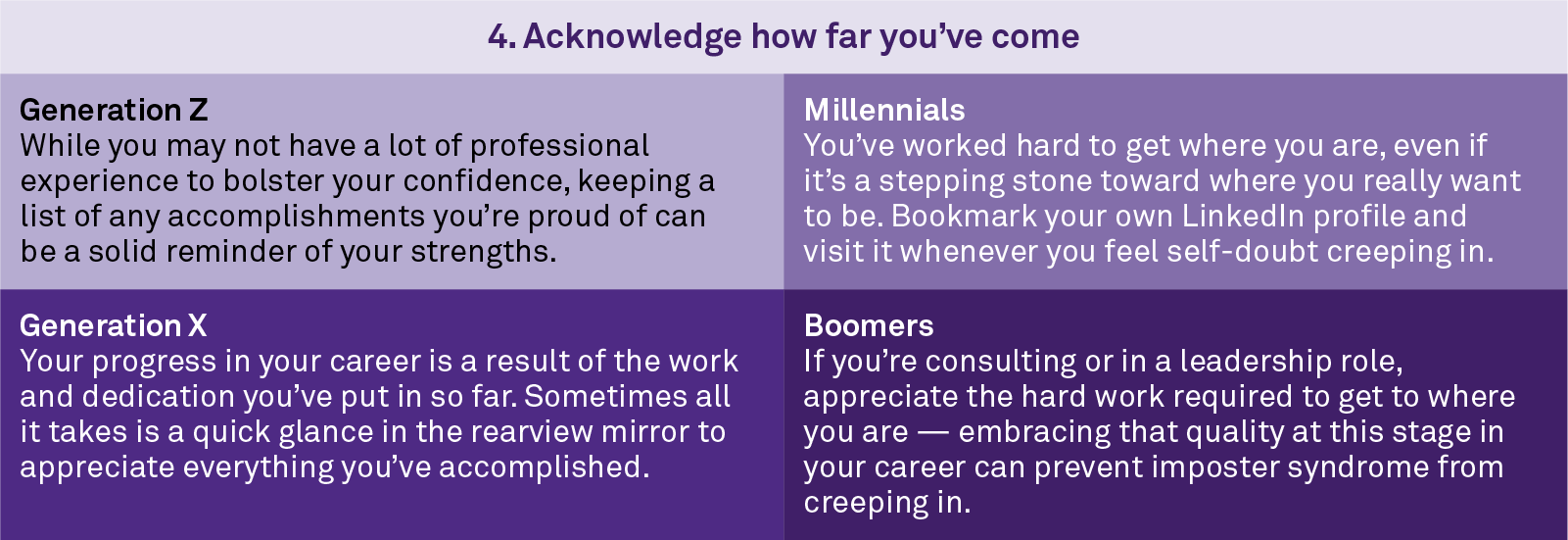
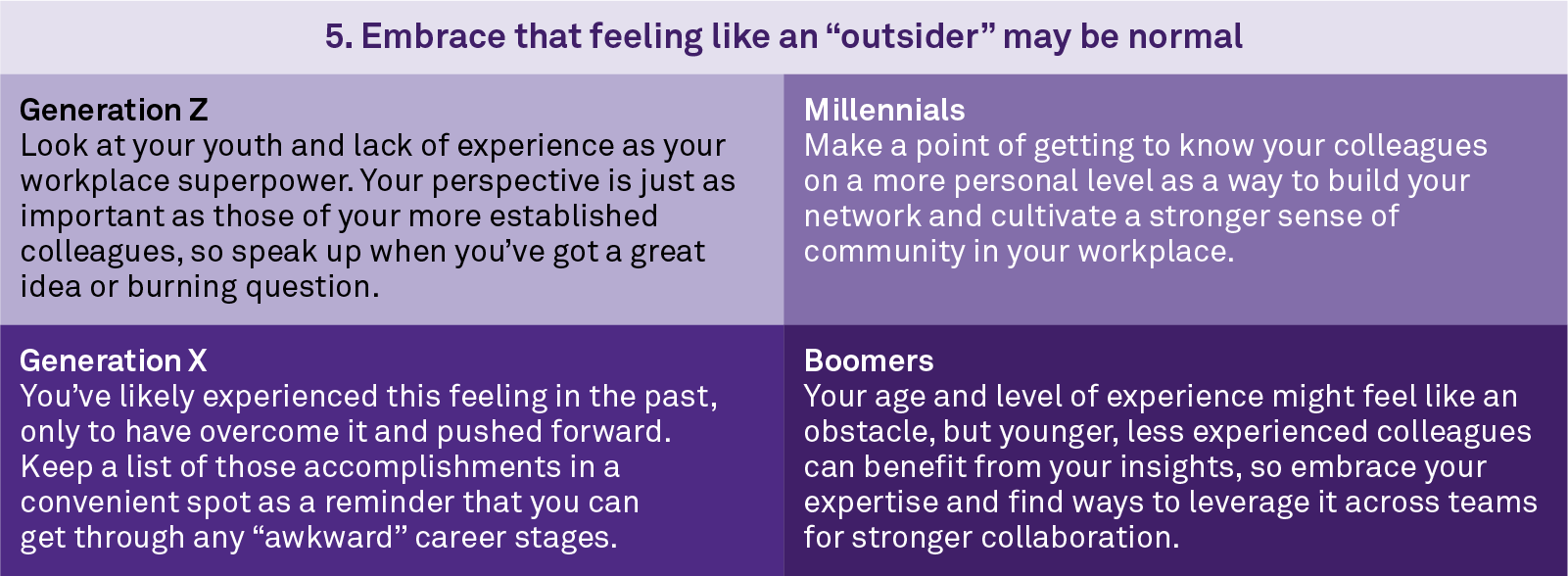


 This short and compelling statement is usually found at the top of a resume. In about 15 words or less,
This short and compelling statement is usually found at the top of a resume. In about 15 words or less,  Your resume should include several detailed project entries as well as result-driven language
Your resume should include several detailed project entries as well as result-driven language Did you know there are different interview styles? Understanding the different styles and being prepared for each is key to having the best interview possible.
Did you know there are different interview styles? Understanding the different styles and being prepared for each is key to having the best interview possible. Your technical abilities and interview skills are crucial to your career success, but it’s just as important to have an active network of personal and professional contacts.
Your technical abilities and interview skills are crucial to your career success, but it’s just as important to have an active network of personal and professional contacts.